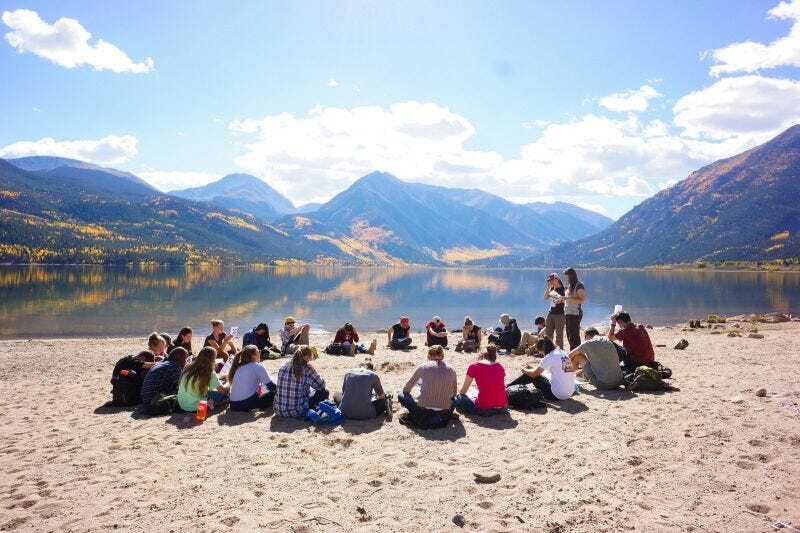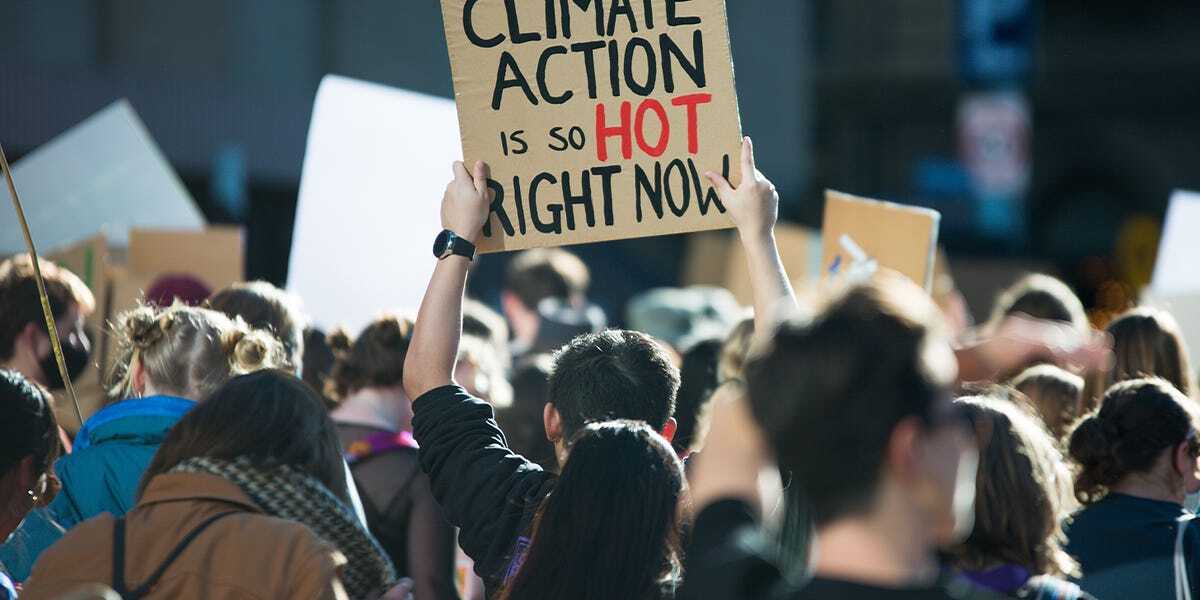

Love to hear how you think digital currencies aren’t digital currencies.
Not all digital currencies are cryptocurrencies. CBDCs are digital implementations of government-backed fiat currencies. If you don’t understand the difference I don’t have time to try to convince you, sorry.
by your flawed metrics, solar power is “hype”.
Solar power produces energy. Cryptocurrency produces nothing and wastes energy doing it.














deleted by creator